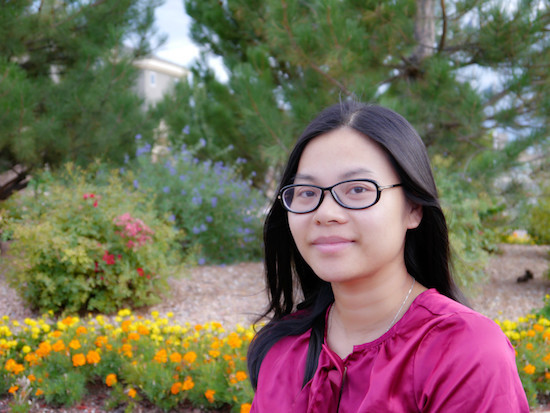STEM Shoutout: Dr. Yan Lin
UNM Professor Utilizes GIS technology to reduce cancer disparities in New Mexico
UNM Assistant Professor Yan Lin of the Geography and Environmental Studies department is contributing to the advancement of public health through her research involving Geographic Information System mapping technology (GIS).
Lin currently is leading a research project on the development of a geographically targeted and personalized approach to reduce cancer disparities in New Mexico. Cancer disparities are defined as, “differences in cancer measures such as: incidence (new cases) prevalence (all existing cases) mortality (deaths) morbidity (cancer-related health complications) and survivorship, including quality of life after cancer treatment,” according to the National Cancer Institute.
Her work on cancer disparities revolves around cancer prevention and control.
“My research has focused on the development of GIS and spatial analysis methods and their applications in order to gain a better understanding of relationships among human health, the society, and the environment,” Lin said.
Lin’s research aims to identify the social causes of health disparities among minority populations in order to develop targeted intervention programs to reduce these health disparities.
Her work on cancer disparities, A GIS-based multilevel framework for Cancer Disparity Reduction, is funded by the Research Allocations Committee at the University of New Mexico.
Along with this, Lin has another public health research project being currently funded, titled Integrating Geospatial Technology to Better Assess Personal Exposure to Air Pollutants. This project is funded by the University of New Mexico College of Pharmacy Research Pilot Project Award.
Lin’s interdisciplinary geospatial research on public health issues has far reaching implications on improving public health services and society as a whole.
“Health disparity is a cutting-edge and challenging research topic in the US,” Lin said.
“Geospatial research offers an unique and new lens to examine and address these health disparities.”
To learn more about Lin’s geospatial research visit her website.

